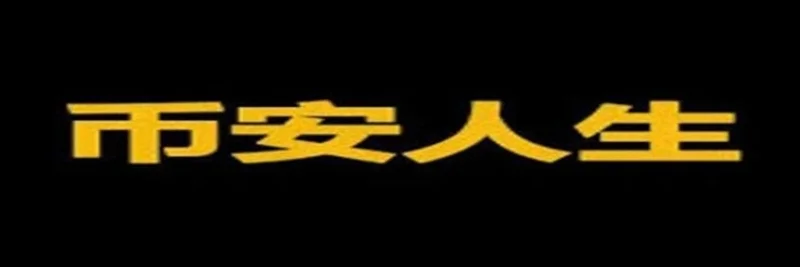The cryptocurrency landscape is ever-evolving, with debates often centering around the efficacy and future of different consensus mechanisms. Recently, a tweet from Rex (@R89Capital) sparked significant discussion by asserting, "The future of crypto is Bitcoin. It's taken a colossal amount of grifting to circle back to the undeniable fact that proof of work is better and everything else in this industry is a dogshit scam besides BTC." This statement, quoting a post from The Rollup about the perceived decline of proof of stake, has reignited the conversation about the merits of proof of work versus proof of stake.
Understanding Proof of Work and Proof of Stake
Before diving into the debate, let's clarify these terms. Proof of work (PoW) is the consensus mechanism used by Bitcoin, where miners solve complex mathematical problems to validate transactions and add them to the blockchain. This process requires significant computational power and energy. On the other hand, proof of stake (PoS), used by networks like Ethereum 2.0 and Cardano, involves validators staking their own cryptocurrency to participate in transaction validation, requiring less energy but potentially centralizing power among those with more stake.
The Argument for Proof of Work
Rex's tweet suggests a disillusionment with proof of stake, pointing to what he perceives as an "illusion" created by staking mania. The Rollup's post, which Rex quotes, mentions that "staking mania was definitely a little bit of an illusion" and that "this idea that you're paying for security is kind of a meme." This critique hinges on the notion that PoS might not provide the robust security that PoW offers due to its reliance on a smaller, often professionalized group of validators.
PoW's strength lies in its decentralized nature. Because it requires significant computational resources, it theoretically prevents any single entity from gaining control over the network. This decentralization is crucial for maintaining the integrity and trust in the blockchain. Bitcoin, with its proof of work, has demonstrated resilience and stability over the years, despite numerous challenges and predictions of its demise.
Challenges with Proof of Stake
The concerns raised about PoS include the potential for centralization. As noted in the discussion, "it's the same 12 companies that are running validators on all of them." This concentration of power could undermine the democratic ethos of blockchain technology. Additionally, the economic model of PoS, where rewards are given based on the amount of cryptocurrency staked, might favor wealthier participants, further exacerbating inequality within the network.
Moreover, the notion that staking yields are nominal and not real yields, as discussed in the thread, suggests that the perceived benefits of PoS might be overstated. If the underlying asset is inflating at a rate that offsets the staking rewards, then the economic incentive for participants might be less attractive than initially thought.
Bitcoin's Enduring Appeal
Bitcoin's appeal, according to Rex and others, stems from its simplicity and the proven track record of its proof of work mechanism. Despite the energy consumption criticism, Bitcoin's network has remained secure and decentralized. The tweet's mention of "grifting" implies a skepticism towards other cryptocurrencies that might promise high returns through staking or other mechanisms but fail to deliver on their security and decentralization promises.
The future outlook for Bitcoin remains bullish, with predictions suggesting significant growth. Anthony Scaramucci of SkyBridge Capital foresees Bitcoin peaking at $170,000 within the next year, reflecting confidence in its current growth cycle. This optimism is partly due to Bitcoin's halving events, which reduce the supply of new Bitcoins, historically leading to price increases.
Conclusion
The debate between proof of work and proof of stake is far from settled, but Rex's tweet encapsulates a sentiment that resonates with many in the crypto community: Bitcoin's proof of work offers a level of security and decentralization that proof of stake struggles to match. As the industry continues to evolve, the conversation around these mechanisms will undoubtedly persist, but for now, Bitcoin stands as a beacon of what many believe the future of cryptocurrency should look like.




